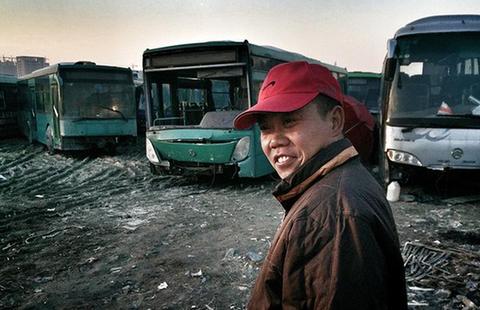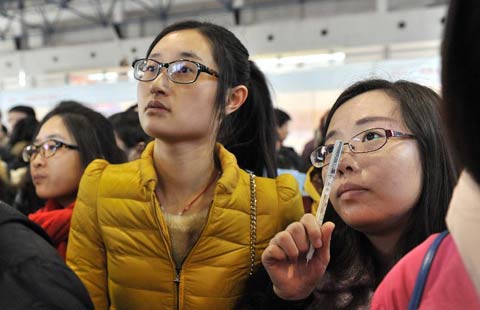Nation gets WTO ruling on US duties
By Zhong Nan (China Daily) Updated: 2014-12-20 08:10The World Trade Organization backed China on Thursday in the final ruling of a dispute over countervailing duty measures imposed by the United States on 22 kinds of Chinese products.
The WTO's Appellate Body upheld its previous findings that the US "acted inconsistently" with international rules when it imposed extra import duties on the products.
Sun Jiwen, spokesman for the Ministry of Commerce, said he welcomed this decision, given that China's major trade interests had been at stake in the case.
He said it represented "a major victory for China in its efforts to rely on WTO rules to fight the US abuse of trade remedy measures and protect China's own legitimate interests".
Countervailing duties are tariffs on imported goods intended to offset subsidies in the exporting country.
The US has levied additional tariffs on various Chinese products ranging from coated art paper to chemicals, tires, kitchen fittings and solar panels, declaring they were being dumped to help Chinese manufacturers grab more market share.
"China hopes that the US lives up to its WTO commitments and corrects its wrong conduct and creates a fair environment for world trade," Sun said.
The Appellate Body, formed by members including the European Union, Japan, India, Brazil and Canada, confirmed that the benchmarks applied by the US in conducting the countervailing duty investigations against certain Chinese products were against WTO rules.
Sun said China was disappointed, however, that the panel failed to complete legal analysis concerning the use and specificity of raw materials subsidies.
China first requested consultations with the US on the imposition of countervailing duty measures by the latter on the 22 products as far back as May 2012. The WTO later set up a panel to look into the dispute.
The WTO issued a panel report in July backing China on many aspects after finding the US measures breached WTO rules. The US then lodged an appeal against the ruling.
Vice-Finance Minister Zhu Guangyao said at a forum on Thursday that rather than fighting each other to develop their own economies, China and the US are now finalizing details on a bilateral investment treaty and will formally exchange negative lists at the beginning of next year.
Negotiating a discrimination-free treaty is considered the most important economic issue between the two nations. Both countries wish to complete talks within Obama's administrative term, Zhu told the forum in Beijing.
Talks on the treaty began in 2008 as the two countries started to increase mutual investment, which at that time still accounted for a small share of their total overseas investment.
Bilateral trade volume increased to $520 billion in 2013, and outstanding two-way investment rose to $100 billion.
During the APEC Economic Leaders' Meeting in Beijing last month, the world's two biggest economies agreed to accelerate bilateral investment treaty negotiations with the aim of achieving agreements on the core issues and major provisions by the end of 2014.
- China urges US to correct itself after WTO case win
- The challenges of the WTO accession to the operation and regulation of telecommunication sector in China and the counter-measures
- Coping strategies for China's entry into WTO
- WTO revises down trade growth forecast
- Expert says impasse on WTO must be broken
- China's high-speed rail traffic to grow within 20 years
- Nation gets WTO ruling on US duties
- 'Graveyard’ for aging buses in Hangzhou
- Lawsuit puts biodiesel use under spotlight
- ZTE to revamp product lineup to stay strong
- Manipulation probe launched into 18 A shares
- Trust rating for cloud firms on cards
- Hacked e-mails reveal Alibaba's plot for box office success in Hollywood
















